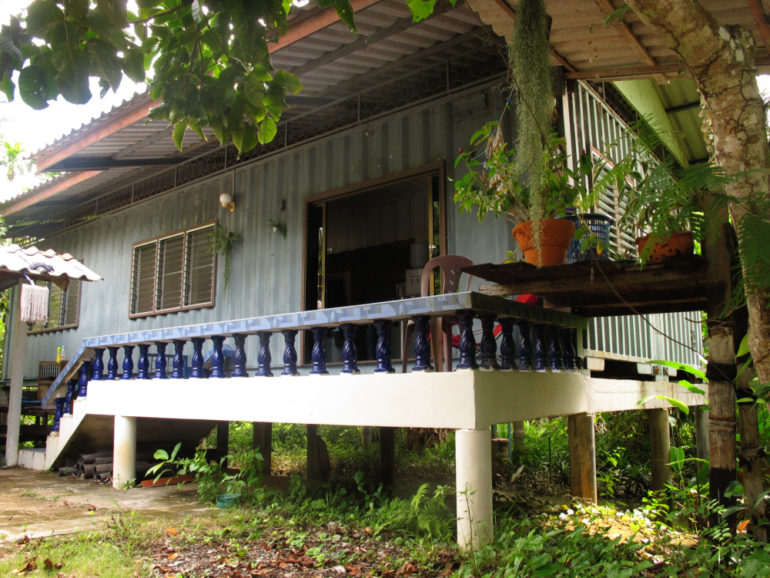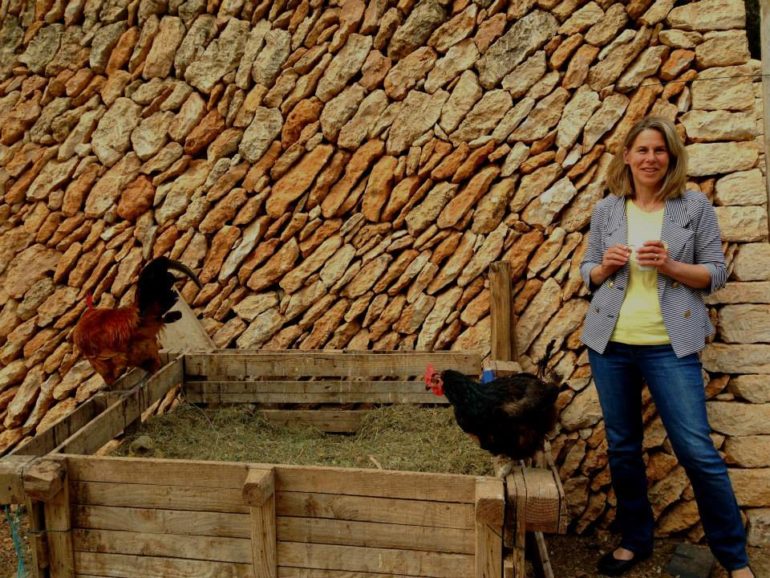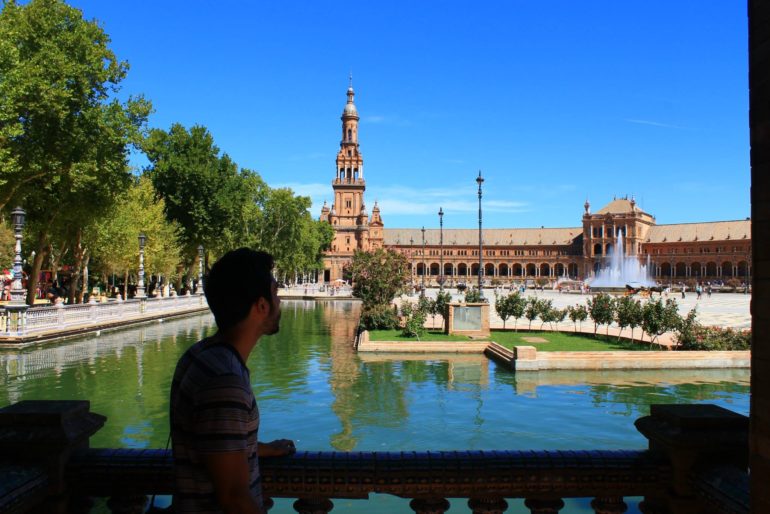Happy Earth Day! Greenheart’s mission is “Connecting People with the Planet.” and travel does that in some pretty big ways. Learning about how other cultures care for the plant can instill new eco-friendly habits.
We asked our staff members and alumni to share ways they stayed environmentally cautious while abroad. Here are their tips!

“In Korea I learned about separating my trash, which is not something I was used to back home. I was familiar with recycling cans and bottles but had never composted before. In Korea it’s against the rules (and probably law I’d assume) to not separate your trash out into trash, recycling, and compost. It was difficult to learn at first, but now living in San Francisco they have the same three bins and it’s the law here too! Now I love to compost!”
-Sara Thacker, Associate Director of Marketing
“Taking my host family’s recycling to the recycling center, participating in a climate march in my town, and learning about Swedish ways of reducing waste! I am also involved with my high school’s eco team back in the USA, and I’ve been telling the about some of the things I’m learning ere in Sweden we could implement at our high school.”
– Matilda, High School in Sweden Alumn
“When I lived with a host family in Spain, I saw how useful they were with every item they had in the house – everything served a purpose, everything was reused, and nothing went to waste. For example, bones from last night’s dinner were used to make new batches of broth, our food scraps went to the hen house feeding trough and fallen branches in the back lawn turned into firewood for the chimney. Watching how easy it was to repurpose anything completed transformed how I lived and I’m grateful to have had that example!”
– Allison Yates, Associate Director of High School & Short Term Programs
“I walked to work everyday. I washed half of my clothes by hand and hung them to dry in the sun. I only had my aircon on when I was in the room. I carried a larger purse on me to try and avoid needing a plastic bag when purchasing smaller items.”
-Kara Menini, Senior Program Manager
“Learning phrases in Thai to ask for no bag or no straw and bringing my own when I can!”
-Emma Potter, Teach in Thailand Alumn
“While living abroad in Spain, I became more conscious about my use of running water. My friends and I were all given the opportunity to live with a host family, and throughout our stay each of our host families spoke very openly about the droughts that had occurred in Spain. A few of the habits I picked up in Spain followed me back to the US. When I shampoo my hair, I turn off the water until I need to rinse—I don’t know about you, but washing my hair increases my shower time by 10 minutes or so! As of now, my shower time (with running water) averages from 5-8 minutes. I realized that I didn’t actually need 20 or 30 minutes of running water to prepare myself for the day.”
– Zoe Coulter, Work Abroad Program Manager
“My airport & flying tip: always refill your reusable water bottle right before you get on the plane! That way you don’t need to buy a water bottle, and you don’t need to ask for one on the plane and waste plastic cups. I also always carry a small backpack or tote everyday while traveling to carry any purchases without using plastic bags.”
-Kate Powers, Outreach Coordinator
“Have reusable bamboo cutlery, reusable water bottle and coffee mug! I got a set of bamboo cutlery (chopsticks included) for $12 from a camping store and it was such a great product to travel with!”
– Kate, Teach in Italy Alumn
“Living in England taught me to be very intentional when buying food. The food regulations are different than in the United States, and one big difference is the restrictions surrounding additives and preservatives. I found that things expired a lot quicker than I was used to, meaning I couldn’t buy something and have it sit in my fridge for a few weeks. Because I was only buying what I was going to be eating in the next few days, I nearly eliminated my food waste. It’s a habit I took back with me when I came home.
– Amanda Tazioli, Marketing Content Coordinator




Leave a Reply